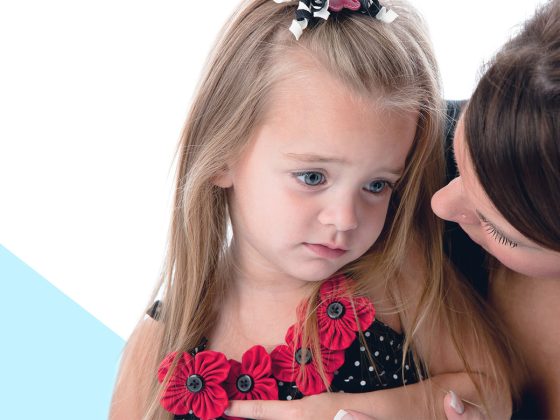
Answering Difficult Questions
Listen and be honest as you help children understand what happened.
Small children can have very big questions, and some of these questions may be hard to answer. You don’t have to know the answers to all questions right away. It’s okay to say, “Let me think for a while about how to answer that question.” Here are some possible questions and answers.
My mom died. Will my dad die too? Children may worry that if one parent died, the other might, too. You might say, “Most people live a very long time, and we can all do lots of things to take care of our bodies to help us stay healthy. Sometimes that’s not enough, but I am here to love you and take care of you.”
Was it my fault? It’s common for young children to believe that things happen for a reason. For example, children might blame themselves for the death (“If I didn’t get mad at Mommy yesterday, she wouldn’t have died”). Remind them that nothing they did caused the death or can reverse it. It is not their fault.
Who is going to take care of me? Children may worry about who will pick them up from school or read them their bedtime story now that the person who used to do those things is gone. Remind them, that they will always be taken care of, no matter what. Try using blocks to construct a miniature neighborhood showing all the places they go throughout the week, for instance, stacking blocks to represent their school or a neighbor’s house. Draw pictures of the special people at who take care of them in each place in different ways.
Is it okay to still feel happy sometimes? For many kids, grief can be temporarily interrupted by feeling “normal”, only to be replaced again by grief a few hours or days later. Reassure children that it’s okay to be happy when something good happens or to laugh when something is funny. Their loved one would want them to feel happiness.
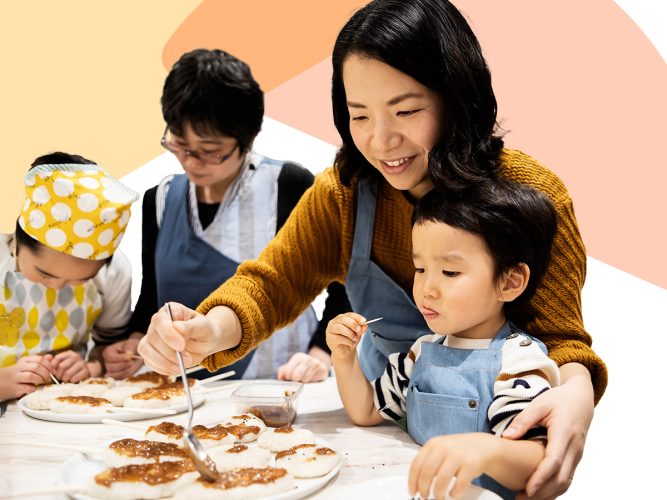
Cultural Connections through Family Engagement for Building Stronger Bonds

Mindful Caregivers
Practicing mindfulness is a great way to slow down and reset.
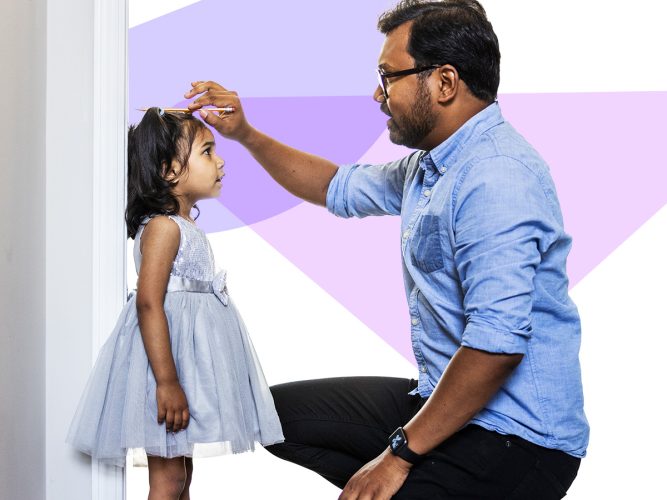
Tracking Child Development: A Caregiver’s Guide
Keeping track of milestones and going to routine screenings helps children stay healthy and thriving.
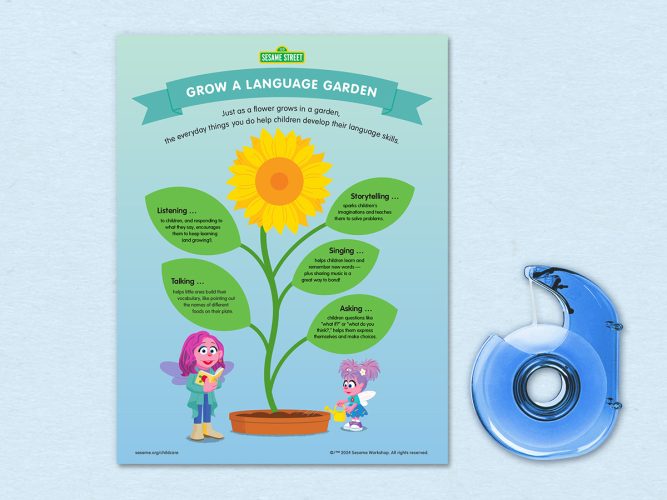
Growing a Language Garden: Everyday Language Development
A reminder of the simple things you do every day that nurture children’s language skills.
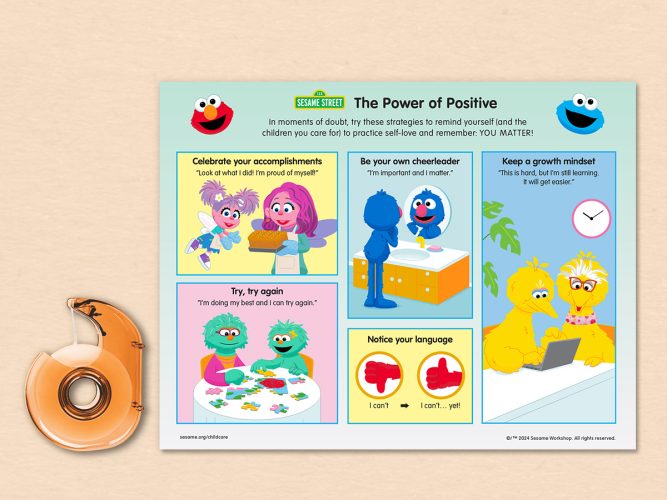
The Power of Positive
Gentle reminders for practicing self-kindness and compassion.
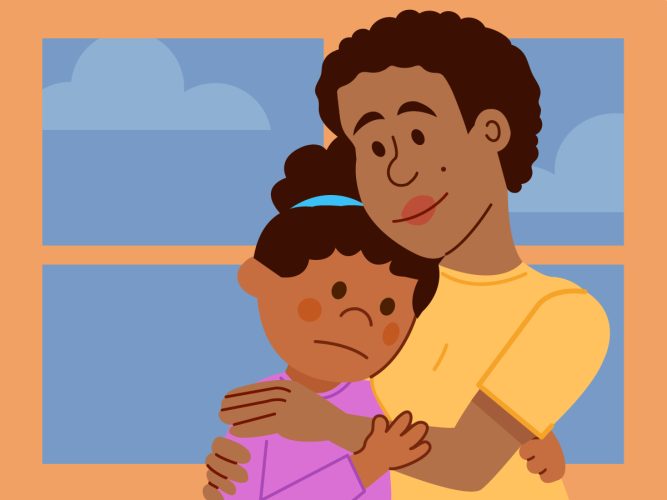
Grieving and Growing: Helping Families Navigate Bereavement Together
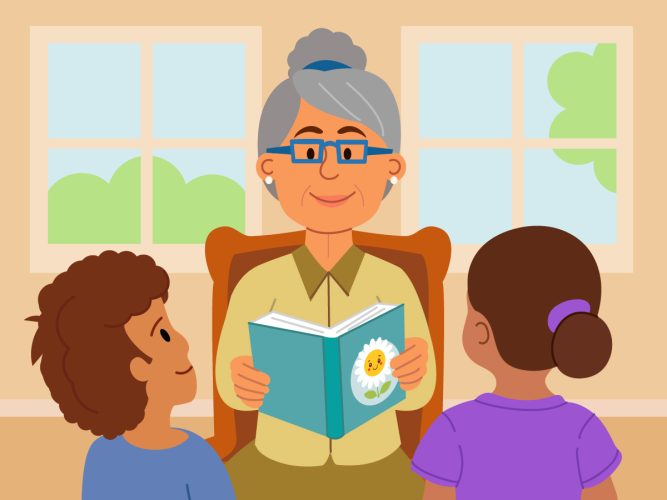
The Heart of Communities: Supporting and Celebrating Family, Friend, and Neighbor Caregivers
